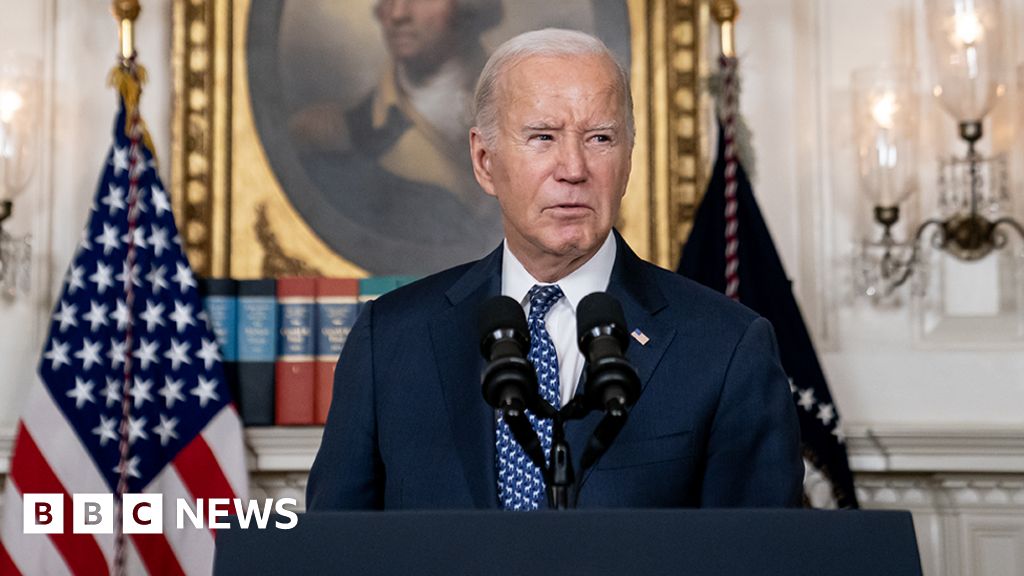US President Joe Biden has angrily criticised an investigation that found he mishandled top secret files and said he struggled to recall key life events.
In a surprise news briefing on Thursday evening, Mr Biden insisted: “My memory is fine.”
He slammed a claim that he could not recollect when his son died, saying: “How the hell dare he raise that?”
The inquiry found Mr Biden “wilfully retained and disclosed” classified files, but decided not to charge him.



Direct quotes from the actual report: